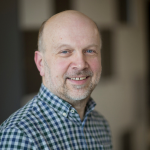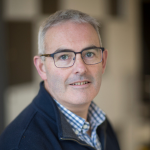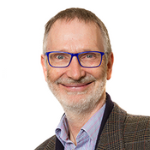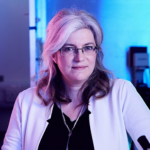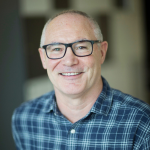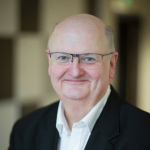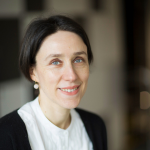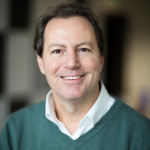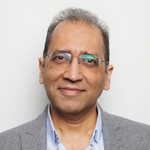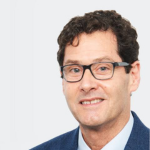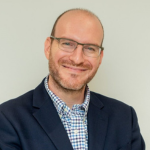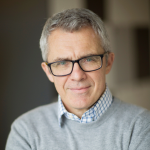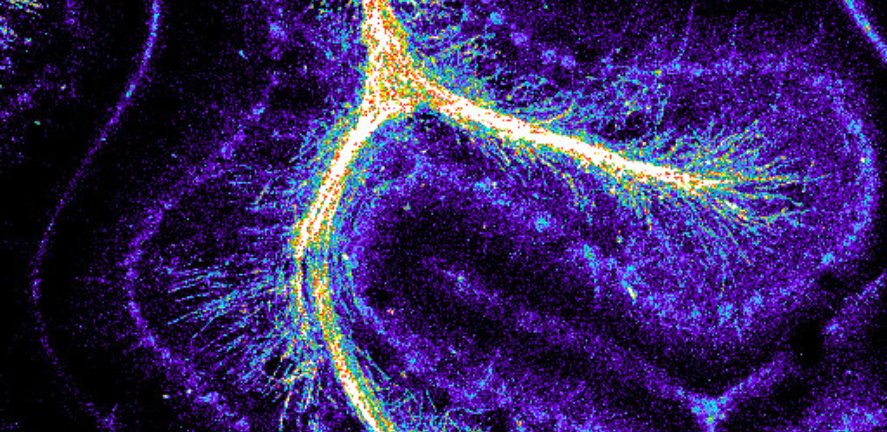
Stem cell dysfunction underlies a range of diseases and health challenges that face the global population today. From neurodegenerative and cardiovascular diseases to cancer and ageing, stem cell dysregulation is implicated across the disease spectrum.
Underpinned by our exploration of normal stem cell states, we are investigating the mechanisms responsible for pathological behaviours of stem and progenitor cells. Our researchers focus particularly on different cancer pathophysiology and regenerative failure.
The Institute has a range of group leaders working across different topics within the stem cells in disease theme, details listed below. More information on each researcher's specific area can be found on their group pages.
|
Parkinson's and Huntington's disease Key diseases: Parkinson's disease & Huntington's disease |
|
|
Understanding cellular decision making in normal and leukaemic blood stem cells. Key disease: Leukaemia |
|
|
Mutation timing in lymphomagenesis Key disease: Lymphoma |
|
|
Establishing how blood stem cells are subverted in blood cancers. Key disease: Myeloproliferative neoplasms |
|
|
Dr Ragnhildur Thóra Káradóttir Researching how brain stem cells decide to become myelinating cells and how they can be manipulated to repair myelin in disease. Key disease: Multiple sclerosis |
|
|
Leukaemia stem cell biology and leukaemogenesis Key diseases: Leukaemia and Lymphoma |
|
|
Regenerative therapies for bone and cartilage repair Key disease: Arthritis |
|
|
Investigating human blood stem cells biology in health and disease. Key disease: Leukaemia |
|
|
Focusing on blood stem cells and their environment in health and disease |
|
|
Vascular diseases Key disease: Cardiovascular disease |
|
|
Investigating how genes determine development and diversity of glial cells in the brain. Key disease: Pelizaeus-Merzbacher disease |
|
|
Cancer, Ageing, RNA modifications Key disease: Leukaemia |
|
|
Leukaemic haemopoietic stem cells Key disease: Leukaemia |



